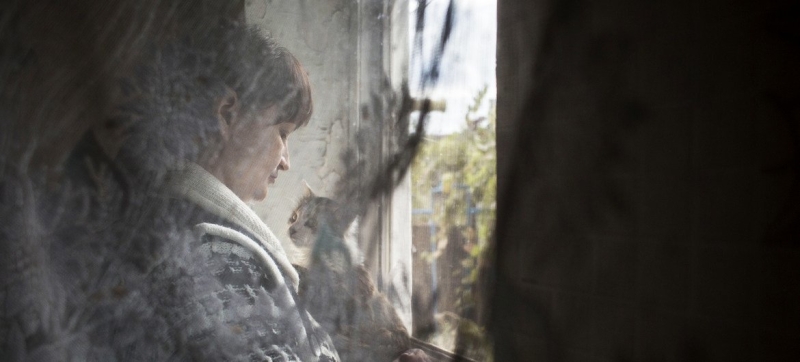
WHO calls on policymakers to introduce a full range of services for women survivors of violence in their countries. The health sector in Europe does not provide adequate care for women survivors of violence Healthcare
About 28.6 percent of women and girls over 15 years of age experience physical or sexual violence at least once in their lives, but health care for victims remains fragmented and limited in most countries in the World Health Organization (WHO) European Region.
This is stated in a new report from the WHO European Bureau. Health systems in the region, which includes Europe and Central Asia, do not provide even the basic range of services recommended by WHO.
Crisis situation
European Bureau Director Hans Kluge noted the crisis nature of the situation: “The problem of violence against women and girls has reached crisis levels, and our health systems are often the first and only authority where victims can turn.”
“Our data shows that political commitments to protect the health and well-being of women and girls and eliminate gender-based violence do not translate into safe and accessible health care,” he said. abortion.
Key findings of the report
An analysis of the 53 Member States of the WHO European Region reveals serious gaps. Only 7 countries (13 percent) provide safe abortion services. 17 countries (32 percent) offer emergency contraception and HIV post-exposure prophylaxis.
Twenty countries (38 percent) offer prevention of sexually transmitted infections and assess the psycho-emotional state of victims. And 23 countries (43 percent) provide mental health referral services.
60~p>Additionally, in nearly a third of countries in the region, health care providers continue to be required to report incidents of domestic violence or nonconsensual intimate partner violence to law enforcement for adult victims. WHO strongly recommends an end to this practice, as it violates confidentiality and often deters women from seeking help.
However, the report also points to positive trends. Seventy-five percent of countries have trained health workers to respond to incidents of violence, and 68 percent of countries include first aid as part of standard care.
However, a lack of resources and political will is preventing the implementation of the full range of WHO recommendations.
Measures WHO recommends
The organization calls on states to make it mandatory to provide the full range of services recommended by WHO, especially with regard to emergency care for women after rape, to remove barriers, including the elimination of mandatory reporting to the police without consent
It is also important to change the attitude towards victims in society, WHO notes.
“A simple phrase like “I believe you and I am ready to help” can play a significant role in the healing process,” said WHO specialist and author of the report Melanie Hyde.
The experience of Spain and the stories of the victims
The WHO report was presented today in Madrid. Spanish Health Minister Monica Garcia spoke about the country’s efforts to strengthen the role of primary health care as a key link in identifying cases of violence and supporting survivors.
A woman survivor from the United Kingdom also spoke at the event in Madrid. She emphasized the importance of a health system that focuses on the rights and real needs of victims: “I believe that I have the right to be safe, to be heard, to be respected, and to have a response tailored to my real needs.”
